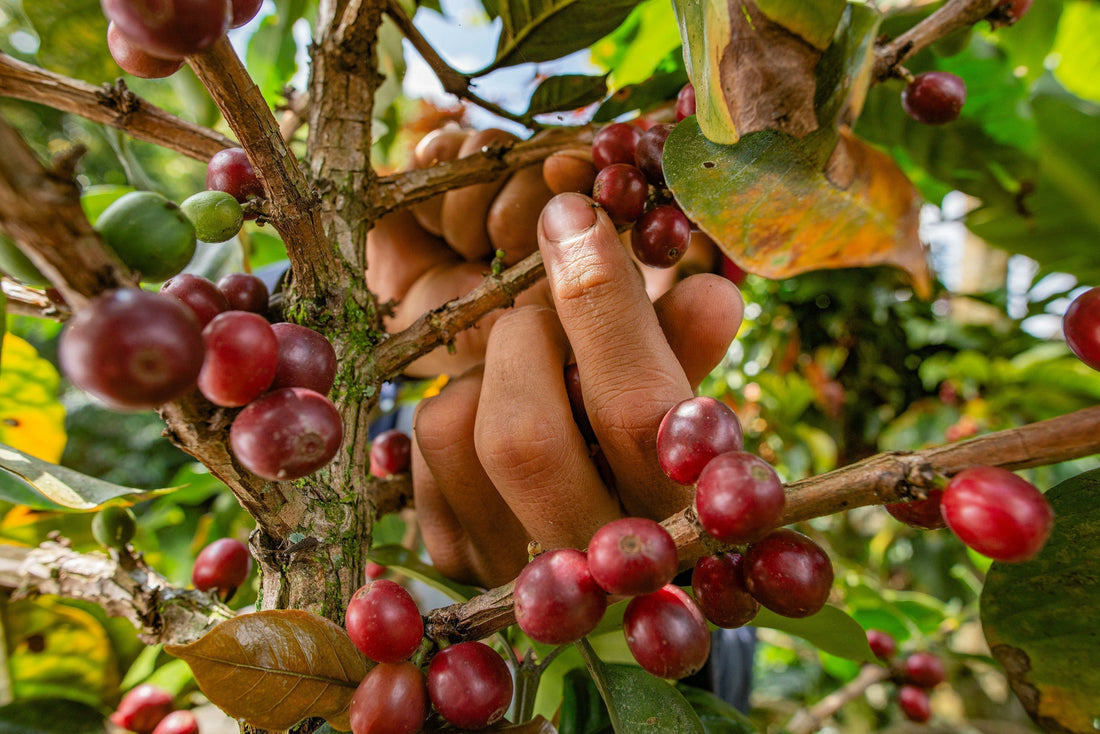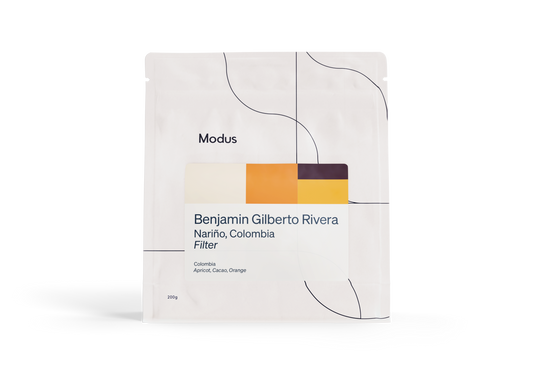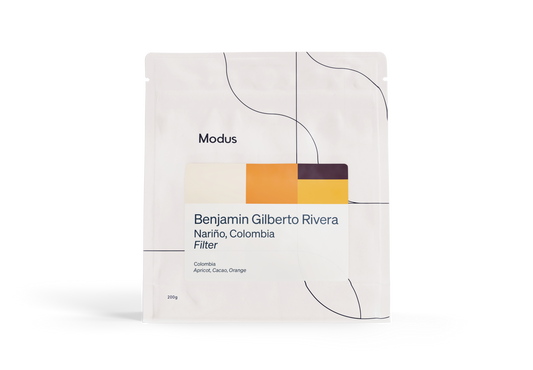What it means for us at Modus, and why we’re still learning
At Modus, we talk a lot about quality: processing methods, varietals, roast profiles. But it’s just as important to talk about context. Because behind every coffee we serve is a network of people, systems, and decisions. And many of those systems have deep colonial roots.
Coffee’s global story is built on centuries of extraction, of labour, land, and culture. And while the industry has evolved, the structures of ownership and power haven’t always kept pace.
So what does it mean to decolonise coffee? And where do we, as a café and roaster based in Australia, fit in?
It’s not just about “fairness”
Decolonising coffee isn’t a buzzword, and it’s not just about paying a better price. It’s about recognising the histories that shape this industry and actively working to shift them.
Coffee as a global commodity emerged through colonial systems, European powers introduced cultivation in their colonies, often through forced labour, displacing Indigenous crops and communities to serve imperial trade. While the centres of consumption moved to Europe and the U.S., the production remained in what is now known as the Global South.
Today, roughly 80% of the world’s coffee is grown by smallholder farmers, many in countries still dealing with the economic and structural consequences of colonisation. Yet only a small fraction of the final price of coffee reaches those producers.
Depending on the market, a farmer might receive as little as 7–10% of the retail price of a cup of coffee, often less. The rest is absorbed by processing, shipping, insurance, roasting, packaging, marketing, and retail. So while specialty coffee might carry higher price tags, the benefits are not always evenly distributed.
What we’re doing and what we’re working on
We’re a small team, but we try to make decisions with intention. Here’s what that looks like right now:
Long-term sourcing relationships.
When we can, we buy directly from producers or work through importers who prioritise traceability, transparency, and sustainable partnerships. We’re not looking for trophy lots; we’re looking to build trust and fairness throughout our supply chain.
Paying above commodity price.
We’re not interested in market minimums. We value the labour, care, and context behind every lot and aim to reflect that in how we pay.
Telling more of the story.
This is a big one. It’s easy to romanticise origin or flatten farmers into content. We want to avoid that. Instead, we share names, share context, and do more to celebrate the individuals involved.
So where does that leave us?
At Modus, we work with a number of importers who share our values, including Cofinet, Caravela, Cafe Imports, and others. All of whom focus on building sustainable, traceable, and often direct relationships with producers.
One of our longest-standing partnerships is with Luis Anibal Calderón, a grower based in Acevedo, in the south of Huila, Colombia. Luis is known for cultivating 32 distinct coffee varieties at Finca Villa Betulia, each processed individually with care and experimentation.
Thanks to Cofinet, we’ve established a multi-year relationship with Luis, one that guarantees a purchase of his coffee each season. That consistency allows us to offer a reliable, high-quality coffee all year round, while giving Luis the financial stability to keep innovating, without carrying the full risk.
In this case:
-
Green price paid: $20.40 AUD/kg
-
Estimated return to Luis: $14.28–$16.32 AUD/kg (around 15–18% of the retail price)
That may not sound like a lot, but it’s two to three times higher than the global average, and more importantly, it’s paired with long-term support, recognition, and direct feedback.
Not every importer operates the same way, but we work hard to choose partners who value transparency, build trust with producers, and help shift more value upstream.
Why this matters
Perth is a long way from the farms of Huila, and Yirgacheffe. But the decisions we make here, about who we buy from, how we tell their stories, and how we connect you to their work ripple outward.
Decolonising coffee isn’t something we can tick off a list. But it is something we can move towards, cup by cup.
And in a country with its own colonial legacy, doing this work with care feels all the more necessary.
If you’ve read this far, thanks. We’d love to keep thinking aloud together.
If you’re curious to taste the result of one of our longest-standing producer relationships, you can explore our current lot from Luis Anibal, a farmer we’ve had the privilege of working with over several seasons.




